detail profile jean claude bourbault
Peran Yang Di Mainkan Jean-Claude Bourbault
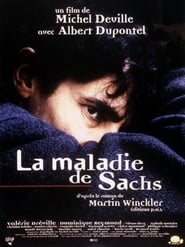 Dr Bruno Sachs the only medical...
Dr Bruno Sachs the only medical...Sachs' Disease 1999
Dr. Bruno Sachs, the only medical practitioner in a small French town, seems on the surface to be compassionate and dedicated. However, in private he is not happy in his work and does not like most of his patients. Here he meets Pauline Kasser, a young woman, and they are attracted to each other...
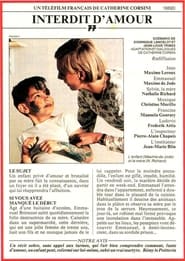 Emmanuel Brmont a tenyearold boy suffers...
Emmanuel Brmont a tenyearold boy suffers...No Love 1992
Emmanuel Brémont, a ten-year-old boy, suffers day after day the destructive madness of his mother. The young woman, a cashier in a supermarket, hates her son and does not hesitate to tell him. One Friday evening, Madame Brémont decides to go for a weekend. Emmanuel, on the other hand, will be waiting for his mother in the apartment, locked in double turn in the kitchen cupboard.
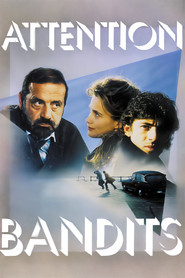 On the day Jean Gabin dies...
On the day Jean Gabin dies...Bandits 1987
On the day Jean Gabin dies, a kidnaper who also takes a fortune in jewels heisted from Cartiers murders Simon Verini's wife. (Simon was fencing the jewels for a youthful gang who robbed Cartiers; he suspects them of the murder.) He's framed for the theft and spends ten years in prison, writing to his daughter, Marie-Sophie, who's 11 when he's sent away. Released, he reconnects to Marie-Sophie and to the young thieves, seeks revenge, and is quickly arrested again. She doesn't know what to make of her father, retreats to her Swiss fiancé, and is flummoxed when one of the young thieves falls for her. Is resolution possible when crime cuts across families and romance?
 The film follows four families with...
The film follows four families with...Bolero 1981
The film follows four families, with different nationalities (French, German, Russian and American) but with the same passion for music, from the 1930s to the 1960s. The various story lines cross each other time and again in different places and times, with their own theme scores that evolve as time passes. The main event in the film is the Second World War, which throws the stories of the four musical families together and mixes their fates. Although all characters are fictional, many of them are loosely based on historical musical icons (Édith Piaf, Josephine Baker, Herbert von Karajan, Glenn Miller, Rudolf Nureyev, etc.) The Boléro dance sequence at the end brings all the threads together.
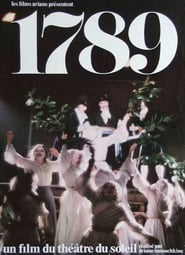 Recording of the play 1789 a collective...
Recording of the play 1789 a collective...1789 1974
Recording of the play 1789, a collective creation by Théâtre du Soleil at La Cartoucherie de Vincennes in 1970, edited from several shows.

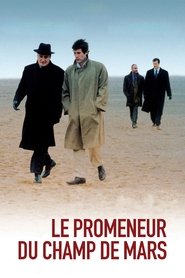 A young journalist Lespert helps the...
A young journalist Lespert helps the...
 A love story or a tale...
A love story or a tale...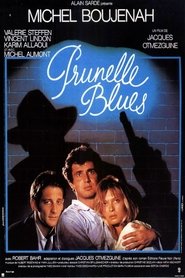 A man finds himself pursued by...
A man finds himself pursued by...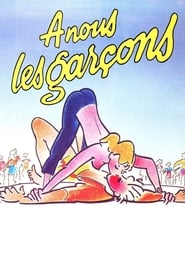 Two best friends fall in love...
Two best friends fall in love...